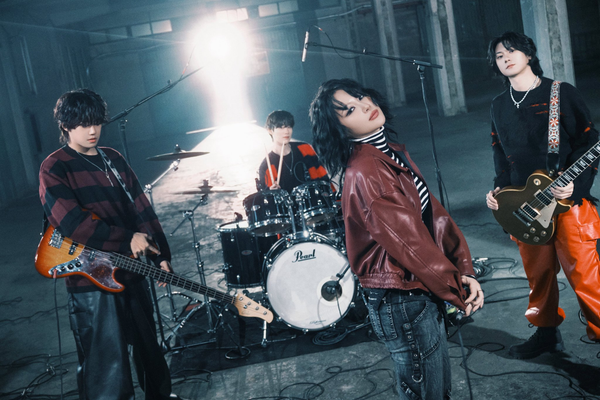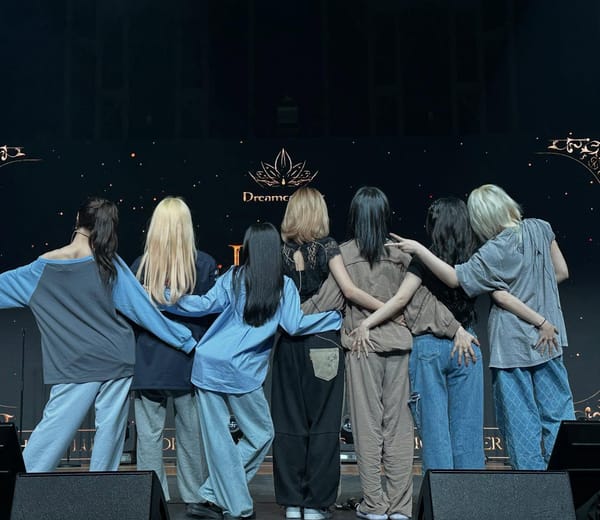Old God Of War - Appreciation For Game Characters Who Age
Given the choice between timeless, seemingly unchangeable characters in video games and ones who age into uncertain changes, I'll pick the latter every time.

Because I have some pretty specific tastes when it comes to playing video games these days, oftentimes I come to some largely-known, critically-acclaimed hits fairly late. The beginning of the new God of War series, which started in 2018, is one of these. I’d played through the original series of games (also well after their release dates) and like those that played through them, I found the sudden change in both direction and mood for God of War to be not what I expected - though the hallmarks of the highly violent, action-filled original series persisted.
I’m still playing through the game as of this writing, and I tried to put a finger on why it didn’t particularly bother me that the series had taken a more story-based, heavier tone, replacing much (though not all) of Kratos’ angry rage with reflective and at times pensive moods. The answer, it seems, was the fact that he’d aged.

There’s certainly an appeal to ageless characters in video games - most of it, I think, being a mix of consistency, iconic status, and brand recognition. Though the quality of their pixels has changed over the years, the cast of the Mario games, for example, have proven themselves to be one of video games’ most well-loved and widely-known characters. When video game characters look the same, albeit with some improvements in art and graphical representation, there are many advantages, not the least of which is returning to designs and personalities that work for gamers - kind of like putting on a comfortable pair of jeans that you’ve broken in. The implied immortality of such characters means you always know for the most part what you’re going to get.
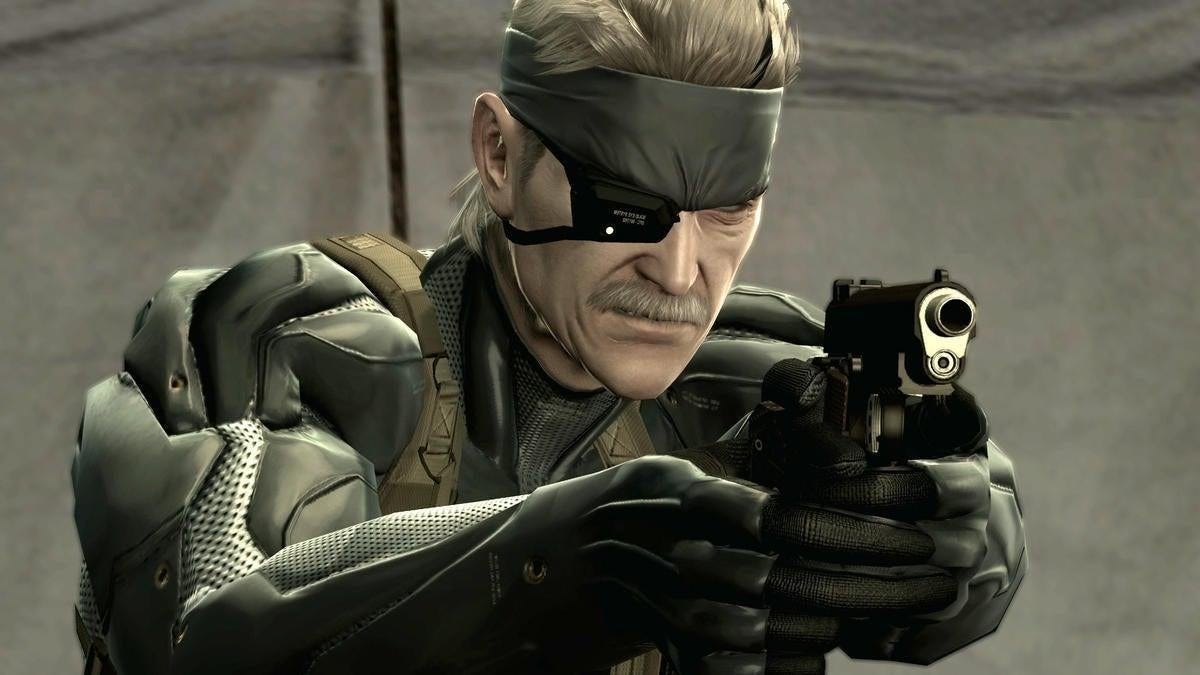
Yet some of my favorite games don’t necessarily involve iconic, everlasting characters, but those who change over time, creating a narrative that integrates the passage of time and shows that age can even catch up to video game icons. It’s part of the reason why I really enjoyed Metal Gear Solid 4, the last in the timeline of Solid Snake stories. It was one that featured an older, more battered Snake, whose physical condition necessitated the use of a muscle suit, regular treatments, and a bit of a loss of step from the youthful stealth prodigy that had taken down an entire nation of mercenaries. Certainly a far cry from those days when he seemed near-invincible. But the vulnerability this presented allowed for the Snake character to, in their advanced age, be more intriguing to me. Years-long struggles and changes in mentality from everything that had happened had me waiting to see what would happen next, rather than knowing that Snake would simply win and create the usual hero narrative.
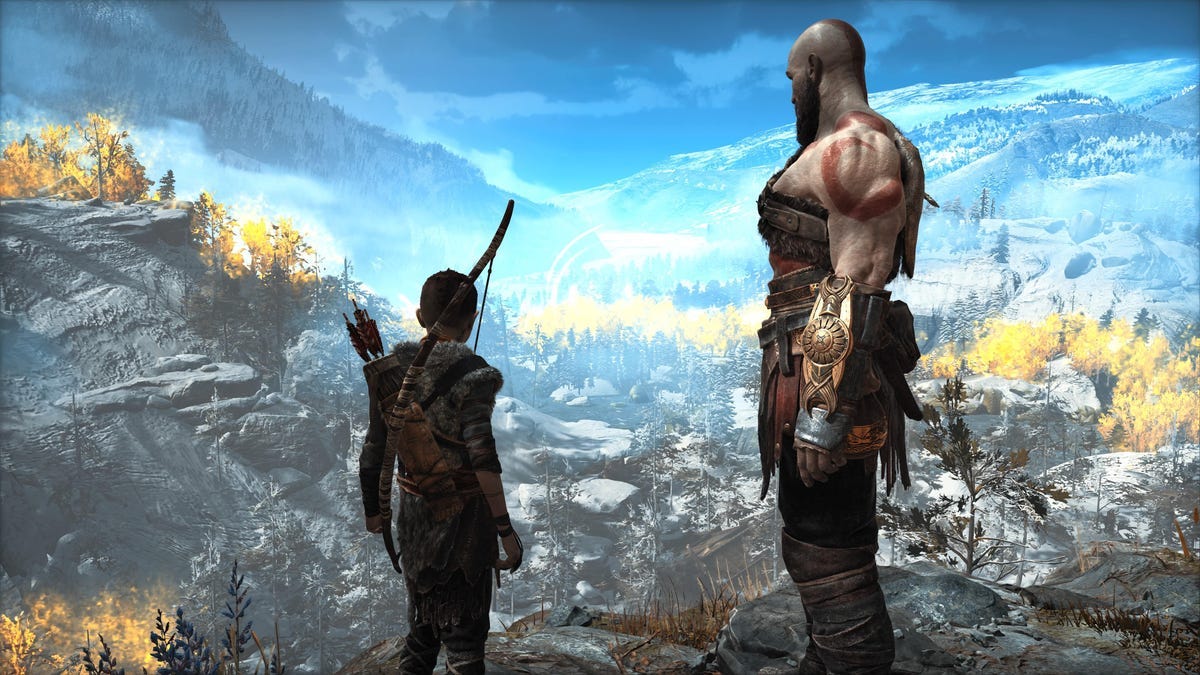
That weakness, or at least that ponderous introspection that comes with age is also present in God of War. Sure, on the outside Kratos still projects that angry, violent, anti-social front that catapulted him to success in the original series of games. But added to that (besides the cool beard of course) are occasional glimpses into a world-weary, reflective warrior, one who only seemed to want a quiet life but was forced back into his violent past by circumstances beyond his control. It adds a whole new dimension to the character that we probably wouldn’t get if this was just another visceral violence-fest - though we still get some of that to a certain extent. And this is all before taking into account that Kratos is now a father, seeking to train his son Atreus not only in the physical skills he needs to survive but also the mental acumen and outlook needed in order to do so. In what I’ve played so far, simply this dynamic alone, that of becoming a parent, changes the game significantly in more ways than one.
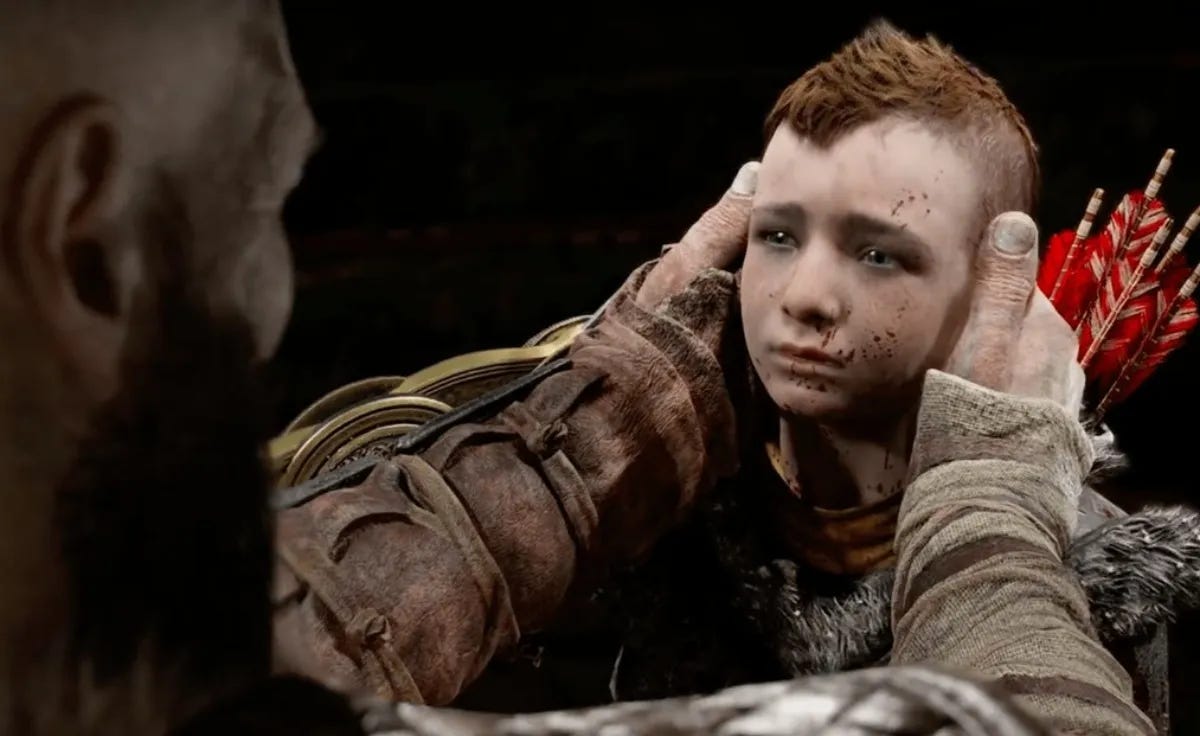
I’ve yet to finish the game, but so far I know that all these factors - being a parent, changing your priorities from earlier years, thinking about and reflecting on actions, and using experience to dictate decisions, even the exhaustion from the grind of life - all of these speak to me clearly as an older gamer. In some ways, when playing games that have aged characters I feel like they know that I’ve aged with those titles. The acknowledgment of that by the development team, especially by those responsible for writing compelling video game narratives, isn’t one that I can pass by without appreciating it for its realism and its depth - and it’s why I’ll be very interested to see where Kratos and Atreus end up by the game’s finish. I’ll probably get to the game’s sequel, God of War: Ragnarok, sometime in 2027 or something, but I know that regardless of when I get there, I’ll have a compelling story waiting for me, with characters that have felt the years and lessons of life that only age can teach.



